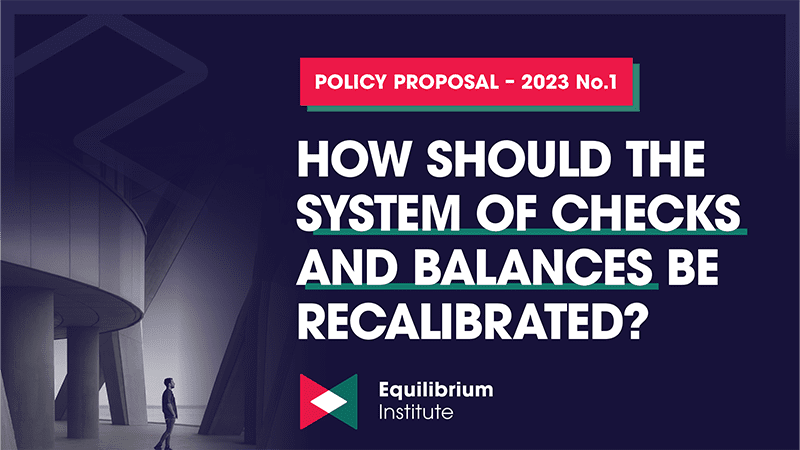Declining public trust in politics, extreme political polarisation, weakening constitutional institutions or the deterioration of the quality of policy-making undermine the sustainability of democracies around the world.
In the meantime, technological progress has opened up new opportunities for improving democracies and breaking down long-standing barriers to participation. The internet, the proliferation of smartphones and the development of blockchain technology have broken down barriers to participation and decision-making that were previously thought insurmountable, and will in the near future also affect the way we think about checks and balances, the principle of representation and lawmaking. One of the great lessons of the millennium is precisely that democratic development is not a one-way street: there is still a way back from democratic decline.
The following discussion will focus on the challenges facing democracy as a system of government in the twentyfirst century and the new opportunities for its renewal and technological development. In doing so, we will seek answers to the following questions:
- How the system of checks and balances in Hungary should be redefined and strengthened?
- How could both democratic participation and the quality of policy-making be increased?
- How the legitimacy of democracy can be strengthened in Hungary?
- How the extreme political polarisation that undermines democracy can be reduced?
How can we harness the potential of the technological revolution in the development of our democratic institutions?
We offer solutions to three fundamental challenges facing democracies around the world and Hungary at the beginning of the twenty-first century: 1. the deficit of democratic participation; 2. the deterioration in the quality of policymaking resulting from the unclarified relationship between democracy and the rule of law; and 3. extreme political polarisation.


